What is known about how to manage patients who present with symptoms of hyperinflammation
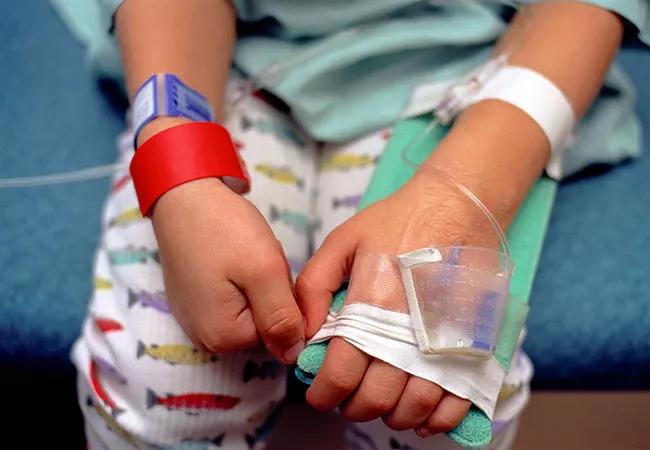
There are many unknowns about the risk factors, pathogenesis, prognosis and treatments for Multisystem Inflammatory Syndrome in Children (MIS-C), a Kawasaki-like manifestation of COVID-19 in some children.
Advertisement
Cleveland Clinic is a non-profit academic medical center. Advertising on our site helps support our mission. We do not endorse non-Cleveland Clinic products or services. Policy
Sirada Panupattanapong, MD, and Elizabeth B. Brooks, MD, PhD, of Cleveland Clinic Children’s Center for Pediatric Rheumatology, reviewed what is known about MIS-C in Cleveland Clinic Journal of Medicine’s COVID-19 Curbside Consults series.
Kawasaki disease (KD) is an acute, self-limited illness that predominately effects young children. Symptoms can resemble acute infections, such as viral infection, bacterial lymphadenitis or scarlet fever. They include fever, extremity changes with erythema and edema of palms and soles or skin peeling, diffuse polymorphic rash, bilateral non-exudative bulbar conjunctivitis, cracked lips, oral and pharyngeal erythema, and cervical lymphadenopathy.
The authors write that “KD is the most common cause of acquired heart disease of children in the US and developed countries,” and note that 20% of untreated children can develop coronary artery aneurysm later in life.
Previously, children seemed to be asymptomatic or to develop mild symptoms with COVID-19 infection. Although MIS-C remains rare, it can be fatal.
Thought to occur two to three weeks after the peak of a local infection, the phenomenon appears to result from an uninhibited immune response to a prior COVID-19 infection rather than as a direct result of the acute viral infection. Most patients who develop these symptoms have a negative COVID-19 polymerase chain reaction nasopharyngeal swab test but positive viral serology, according to the authors.
Patients present with what the authors describe as “unrelenting fever” and gastrointestinal symptoms, along with other symptoms associated with classic KD. According to available data, several phenotypes are emerging: a combination of typical/atypical KD, Kawasaki shock syndrome, toxic shock syndrome and macrophage activation syndrome/hemophagocytic lymphohistiocytosis.
Advertisement
MIS-C remains a rare phenomenon, and there is no established standard treatment guideline. The authors indicate that “early recognition is crucial as these patients may be critically ill and require care in a pediatric intensive care unit, as well as evaluation from multiple subspecialties, including infectious disease, cardiology, hematology/oncology and rheumatology.”
Key to the treatment of classic KD is intravenous immunoglobulin (IVIG), but may include cyclosporine and biologics for non-responders. High dose aspirin has also been used in conjunction with IVIG. The authors warn that “cardiogenic shock and myocardial compromise can lead to fatal outcomes,” and that “vigilant cardiac monitoring, serial cardiac markers (pro-BNP, troponin) and echocardiogram (focusing on cardiac function and coronary arteries) are also crucial.”
To read the entire review article, with a complete list of references, please visit: https://www.ccjm.org/cc/covid-19-curbside-consults.
Advertisement
Advertisement
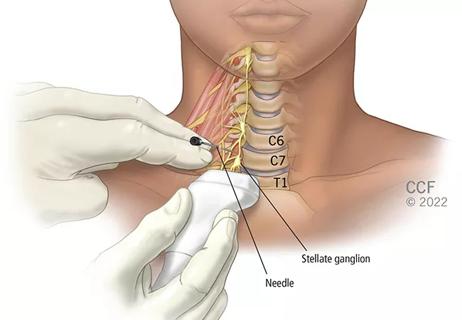
Patients report improved sense of smell and taste
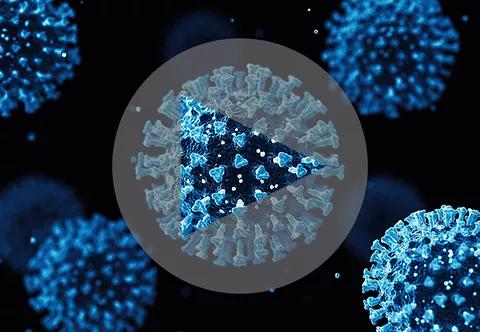
Clinicians who are accustomed to uncertainty can do well by patients

Unique skin changes can occur after infection or vaccine

Cleveland Clinic analysis suggests that obtaining care for the virus might reveal a previously undiagnosed condition

As the pandemic evolves, rheumatologists must continue to be mindful of most vulnerable patients
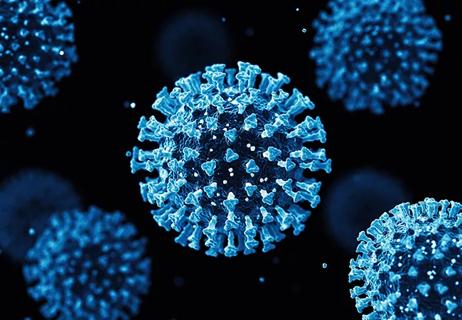
Early results suggest positive outcomes from COVID-19 PrEP treatment
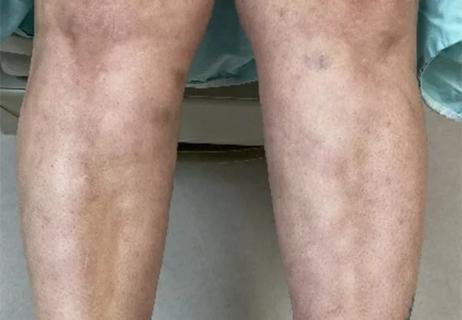
Could the virus have caused the condition or triggered previously undiagnosed disease?

Five categories of cutaneous abnormalities are associated with COVID-19